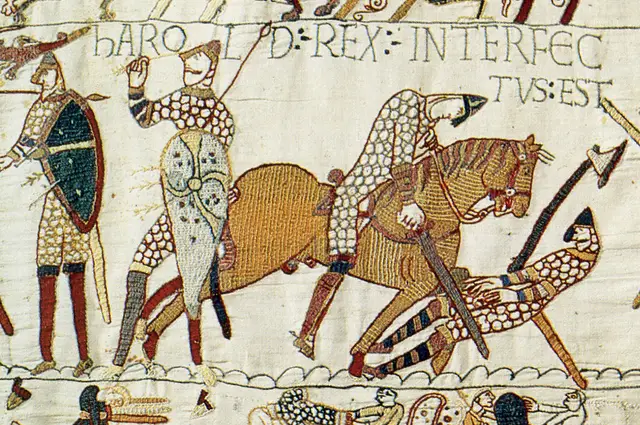Jonathan Dodd’s latest column. Guest opinion articles do not necessarily reflect the views of the publication. Ed
History is a very slippery thing. You would think that telling a story about what happened a while ago would be easy, but it isn’t. To start with, you might not have been there, so it’s not your own story. And if you were there, your story will only include the things that happened to you or that you heard about from other people. Your picture might be only a part of the whole thing.
There’s also a lot of truth in the old adage that ‘History is written by the victors’. After the Battle of Hastings King Harold was dead, the British were defeated, and the Normans set about writing a new history of our country, with them in control. Apart from what-ifs, there are no accounts of the noble resistance or the alternative reactions to the Norman Conquest. And it probably didn’t make much difference to the day-to-day lives of most people anyway.
More interesting and relevant to the concerns of the potential audience
History is dogged by legends too. There’s no evidence that Harold did receive an unwelcome arrow in the eye, but it’s such a good story that we don’t want it not to have happened. It suits us. Poor old King Richard III had endless lies made up about him, propagated by Henry VII and repeated by historians for centuries, and Richard’s reputation is only now being restored. By historians. Who’s to say it won’t be revised back?
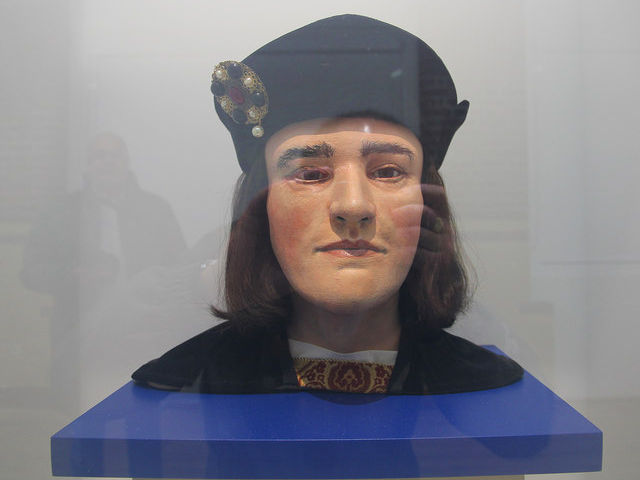
It’s also affected by fashion. A story becomes popular again, like the recent interest in Queen Victoria, and the story is adjusted to make it more interesting and relevant to the concerns of the potential audience. We’re coming up to the centenary of the Russian Revolution, and there’ll be a lot of manoeuvring around the events concluding with the killing of the last Czar and his family. The current regime there doesn’t want anyone thinking about revolution.
I’m not blaming God for this
We have a habit of using history as a way of reinforcing our own opinions or desires to encourage particular paths, for ourselves or our countries. This is always suspect, because it always involves cherry-picking. It’s like Christian theologians trying to use the Bible to justify some rule they’re trying to invent or impose. There is nothing in the Bible to suggest that priests can’t marry or that it’s fundamentally wrong to be gay. In the same way there’s nothing in the Qur’an that says women must be subservient or wear black robes.
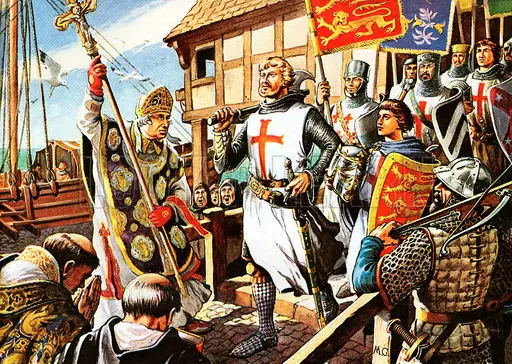
This makes me think about another adage – ‘Creating God in our own image’. There’s no better way to impose some new law on an unwilling public than to find any argument that might suggest that God wants you to do it. I seem to remember hearing about God encouraging both sides in every war that ever happened too. I’m not blaming God for this, you understand, she’s above all that. I’m talking about the misuse of history, and the Bible and Qur’an and all other religious tomes are themselves part of history.
To carve our own initials on the future
None of this means we shouldn’t continue to write and teach history. The worst thing we could do is to fall into the trap of forgetting. It’s no wonder that genealogy is so popular. We all feel ourselves part of a river of time, stretching back through the ages, long before anyone even thought of time itself as a thing, or an idea, long before even ideas themselves. Putting our finger on that stream, tracing it backwards against the current, both grounds us and gives us pleasure.
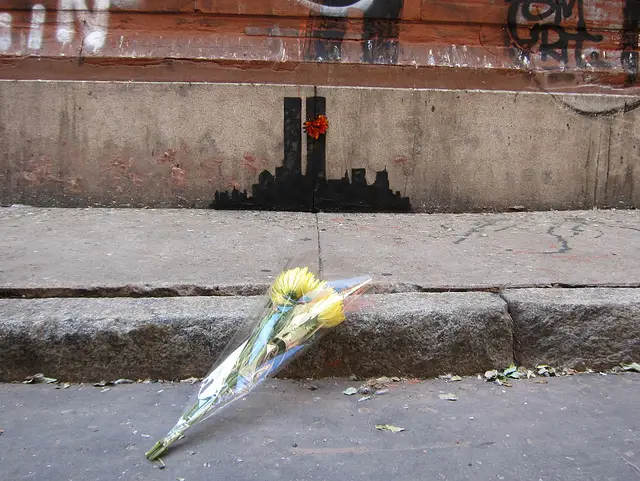
We like to see history as a generally benevolent process, carrying us along towards ever-greater and easier and calmer places, and in general that’s true, as far as we can see. We forget about all those civilisations and empires that thought the same way, but are now gone, ground to dust beneath our feet. We owe it to them and to ourselves to remember as many of them as we can, partly to help us avoid the same fate, and because we would be rather sad if we were forgotten by future generations. Our religions address our mortality, and promise us some form of continuation. We also like to feel that we’ve managed to carve our own initials on the future.
Some examples to work with
What I’m really saying is that history isn’t fixed or proven, and we should avoid using it as a bludgeon or excuse to keep things the same or sweep them away. The whole point of history is that there are things we can learn about ourselves and what’s happening around us, but we have to work hard to make sense of what those things are. If we’ve forgotten our history we can’t do that, and we’ll be all the poorer for it, personally and culturally.
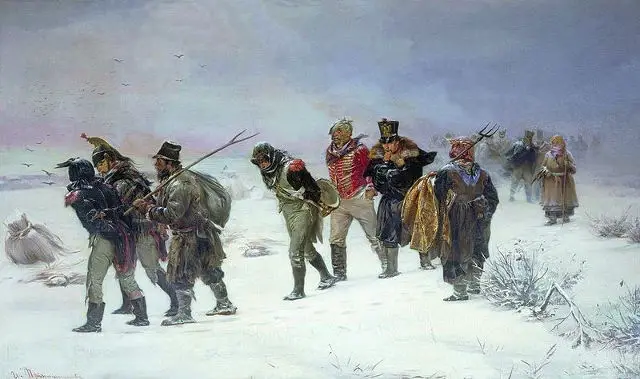
The way we can use history best is to gather together as many examples as possible of what people in the past did when confronted by similar problems, and that gives us some examples to work with when discussing what we should do. Plainly Napoleon made mistakes while invading Russia, and presumably Hitler either ignored that history or thought he had solved the problems. Perhaps those who wish to make history, feel themselves to be so omnipotent that they can ignore the past. We’ll probably never know.
Harder to go for the sympathy vote
On a personal note, history can work really well. Someone with a history of failed relationships could, with a little help, or a lot of thought, start to define patterns, and trace the stages that result in the all too familiar outcome. This can lead to better self-knowledge, and maybe to the ability to break those habits. We’re always able to shrug our shoulders and declare that we’re just like that, of course, but it’s harder to go for the sympathy vote, if that’s the thing we’re looking for, if we know the error of our ways.
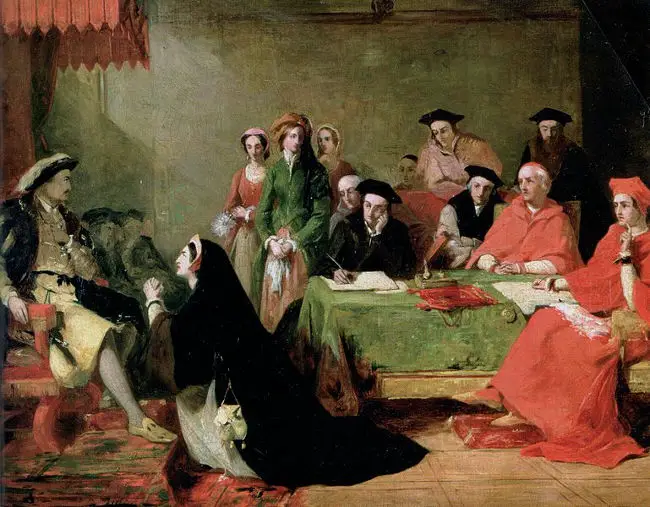
The same goes for countries and empires and all forms of human grouping. I believe that history shows us that self-knowledge and the willingness to look around and adapt to the ever-changing environment out there improves our chances of surviving. Even all-male golf clubs are able to realise this, although various supremacist groups find it a bit harder. Being scared of change doesn’t ever justify damaging others, and fear is the most usual reason behind such strongly-held views.
History is everyone’s, rather than just ours
We should be in the business of learning as much history as possible, so we can use it to improve our own minds and our ability to think in wider circles. Knowing history teaches us how intertwined we are, and inter-dependent, and how much history is everyone’s, rather than just ours. The whole idea of history being written by the victors is a way of saying that everything important that’s ever happened has been through war.
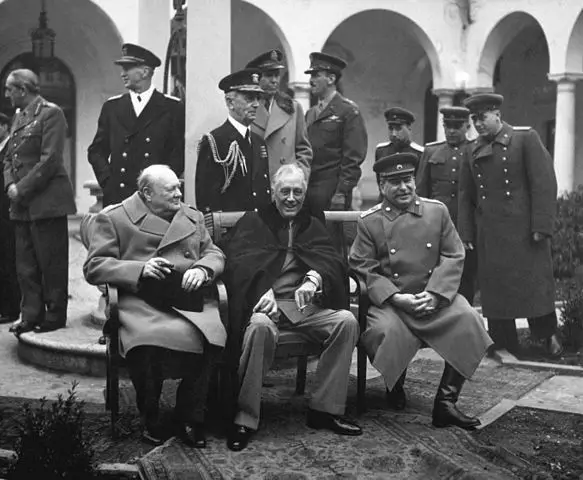
History is no more about war than it is about kings and empires, or science, or ideas, or religions, or beliefs. It’s a melange of all these things. Any history that concentrates on only one of these skews the view and ignores important elements that don’t fit. And as a species we are all-too-familiar with the casual voluntary partial-sightedness that comes from only wanting to see things in a particular way. If you look closely, the people who quote history at you are probably the people who understand it least, and it would be wonderful to be able to throw a bucket of cold history water over their heads occasionally.
We’re all in this together
The thing that worries me about this moment in time is that history is no longer seen as vital knowledge in order to be a complete person. We’ve lost our appreciation of the importance of history, it’s no longer seen as an important part of the curriculum, because it’s too easy to drop too young, and we don’t expect anyone to know anything about history anymore.

We need education to have culture, and we need culture because that represents the width and depth of those things that concern us. We appreciate other cultures by experiencing and sharing them, and through all that we learn that we’re all in this together. The alternative is ignorance and isolationism, misinformation and xenophobia. Some people are comfortable with that, even some of our leaders. I’m not, because it makes us weak and proud of the wrong things.
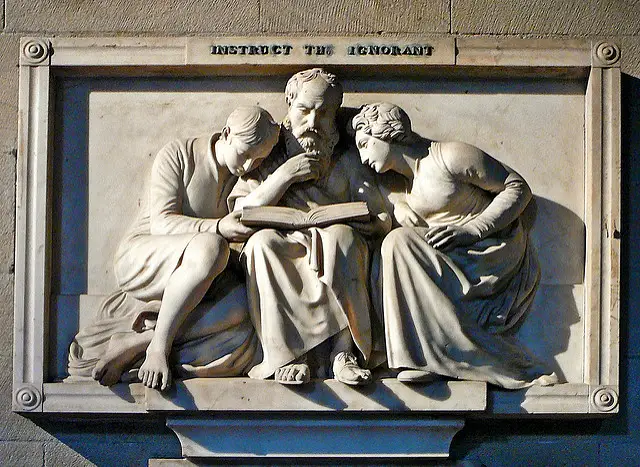
And all the rest of it, as they say, is History.
If you have been, thank you for reading this.
Image: public domain
Image: Richard Croft under CC BY 2.0
Image: public domain
Image: scottlynchnyc under CC BY 2.0
Image: public domain
Image: public domain
Image: public domain
Image: joshuatree under CC BY 2.0
Image: atoach under CC BY 2.0

